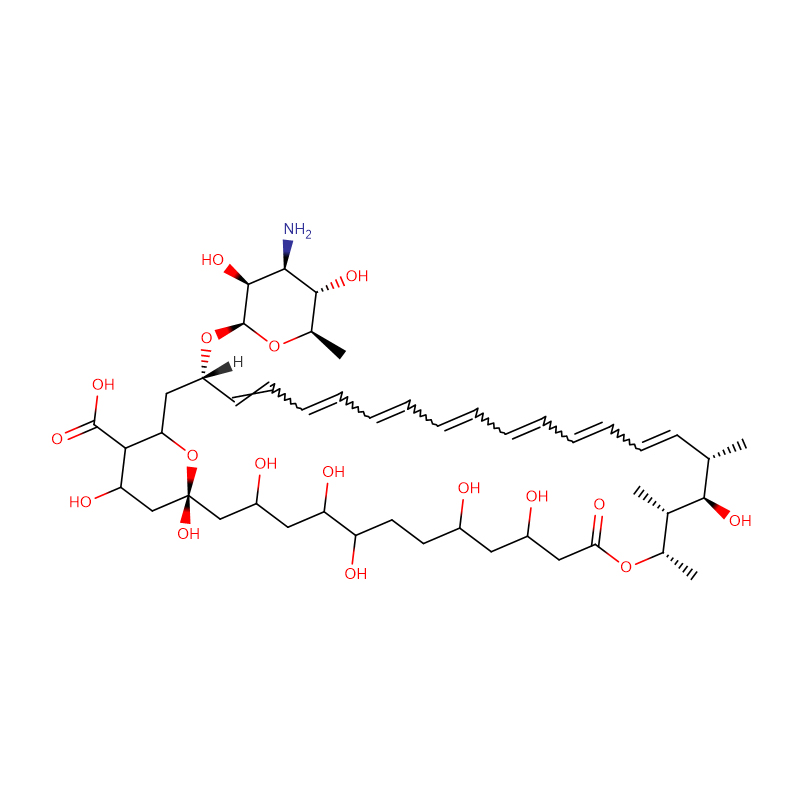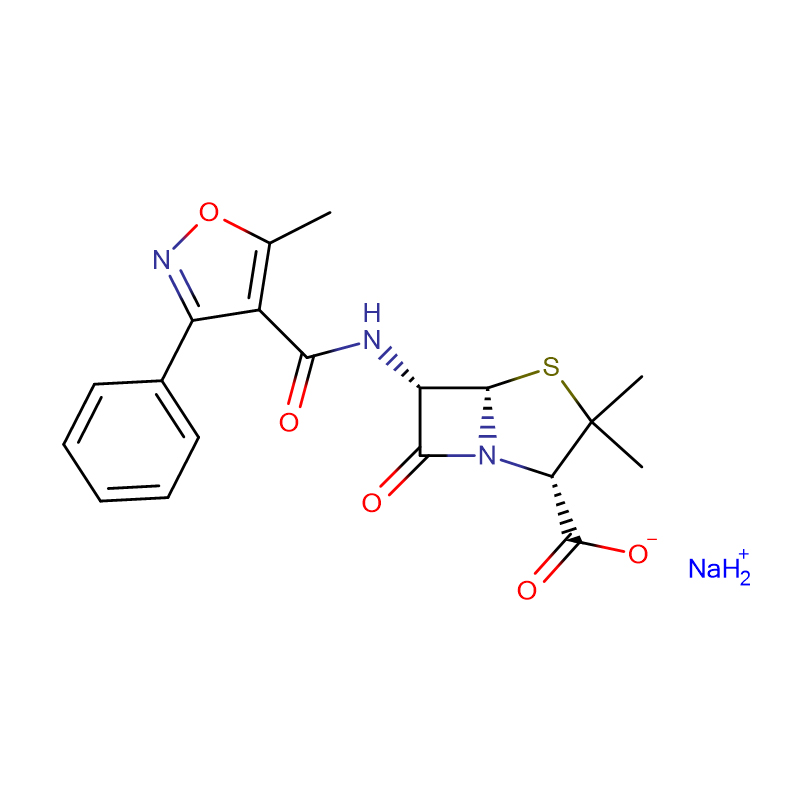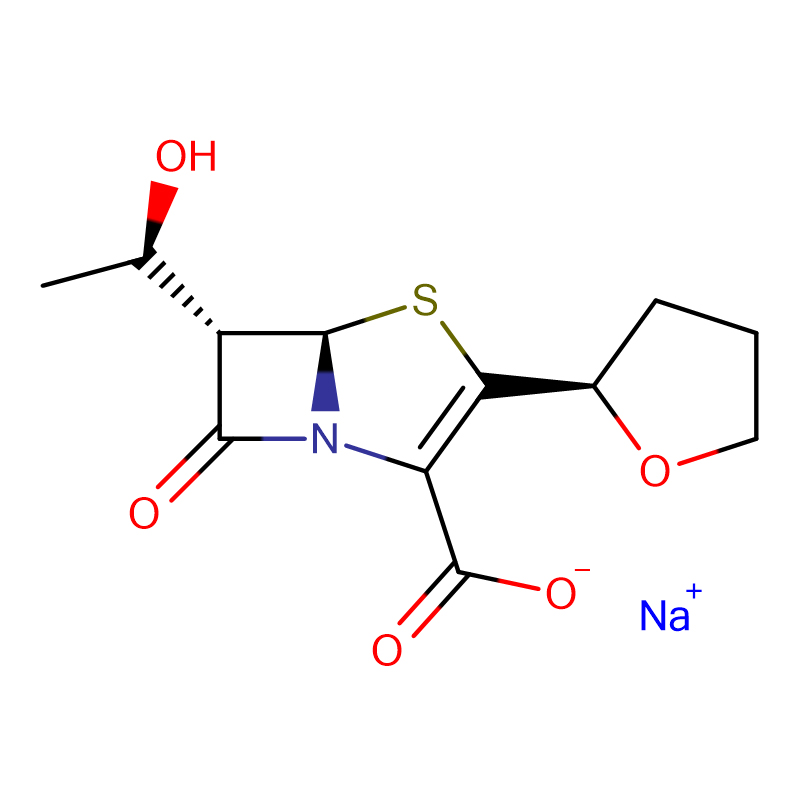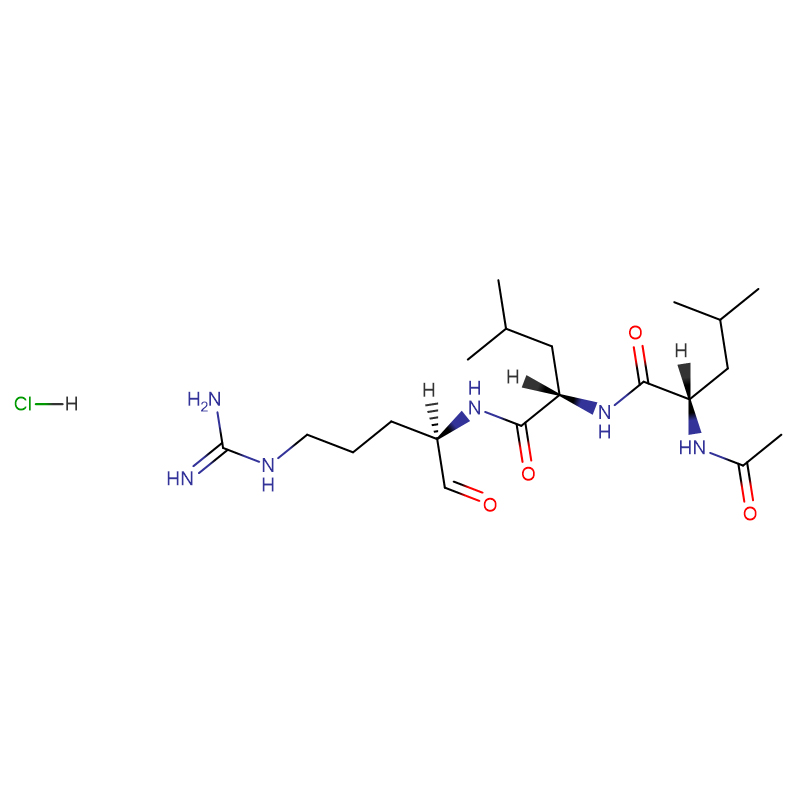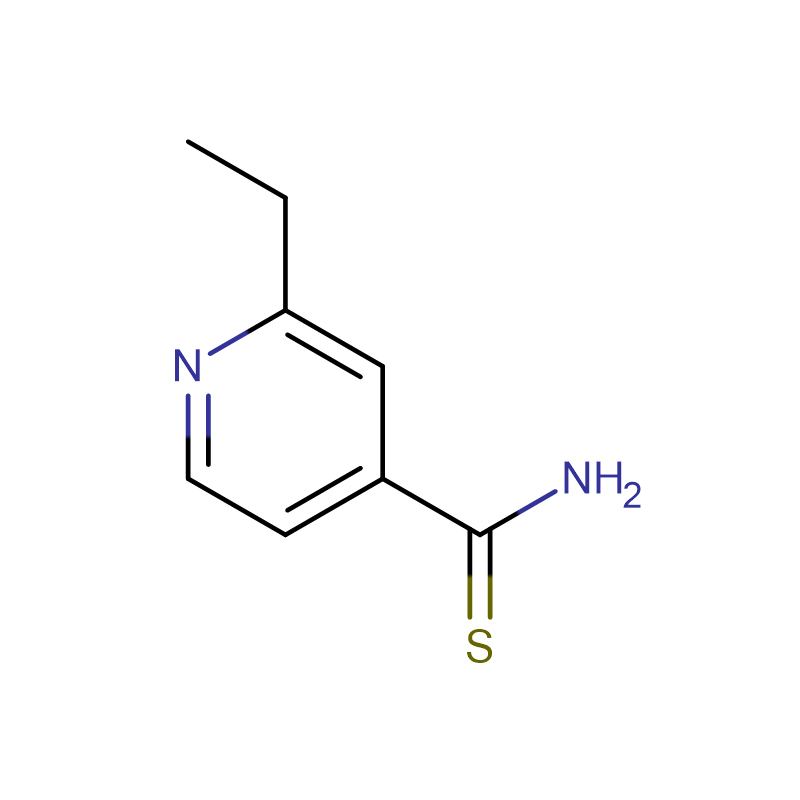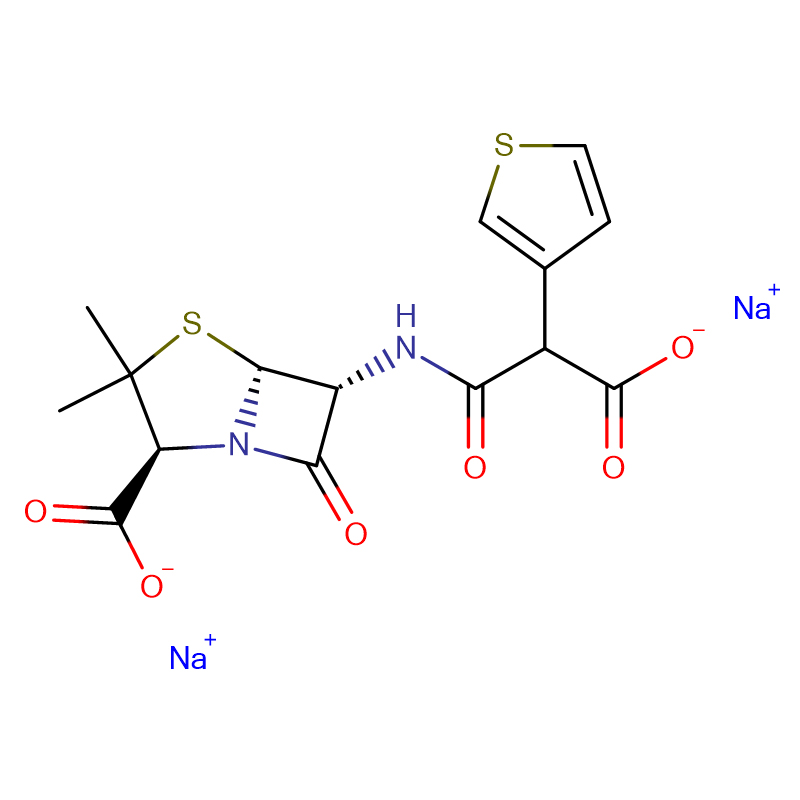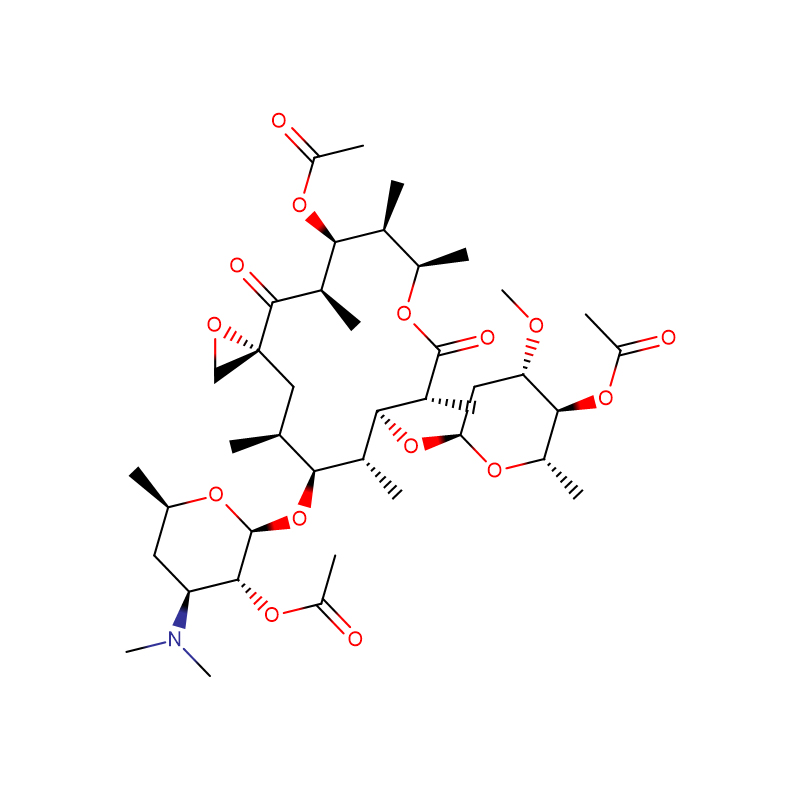Amphotericin B CAS:1397-89-3 Yellow or Orange powder
| Catalog Number | XD90365 |
| Product Name | Amphotericin B |
| CAS | 1397-89-3 |
| Molecular Formula | C47H73NO17 |
| Molecular Weight | 924.08 |
| Storage Details | 2 to 8 °C |
| Harmonized Tariff Code | 29415000 |
Product Specification
| Salmonella | Negative |
| Acetone | 5000ppm max |
| Loss on Drying | 5.0% max |
| Specification | USP 38 |
| Ethanol | 5000ppm max |
| Residue on Ignition | <3% |
| Appearance | Yellow or Orange powder |
| Total Aerobic Count | ≤ 100CFU/g |
| Escherichia coli | Negative |
| Assay | ≥ 750μg/mg |
Chitosan-dextran gel has been used as an antihemostatic agent and antiadhesive agent after endoscopic sinus surgery. Because Staphylococcus aureus biofilms have been implicated in recalcitrant chronic rhinosinusitis, this study aimed to further investigate the (i) anti-inflammatory, (ii) bacterial biofilm inhibition, (iii) antiproliferative effects, and (iv) wound-healing properties of chitosan and chitosan-dextran gel.Fibroblasts were isolated from human nasal tissue and were used to determine the effects of chitosan and chitosan-dextran gel on (i) cell proliferation, (ii) wound healing, (iii) inflammation in fibroblast cultures challenged with superantigens S. aureus enterotoxin B (SEB) and toxic shock syndrome toxin (TSST), and (iv) on S. aureus biofilms.Chitosan was highly effective at reducing IL-8 expression after TSST and SEB challenge. Chitosan was also effective at reducing IL-8 expression of nonchallenged fibroblasts showing its anti-inflammatory effects on fibroblasts in a d iseased state. Chitosan-dextran gel showed strong antibiofilm properties at 50% (v/v) concentration in vitro. Dextran, on its own, showed antibiofilm properties at 1.25% (w/v) concentration. Chitosan, on its own, reduced proliferation of fibroblasts to 82% of control proliferation and chitosan-dextran gel reduced proliferation of the fibroblasts to 0.04% of control proliferation. Relative to the no treatment controls, chitosan-dextran gel significantly delayed the wound-healing rate over the first 48 hours of the experiment.Chitosan-dextran gel reduced fibroblast proliferation and wound-healing time, showing a possible mechanism of reducing adhesions in the postsurgical period. Chitosan reduced IL-8 levels, showing its anti-inflammatory properties. Chitosan-dextran gel and dextran treatment showed antibiofilm properties in our model.


